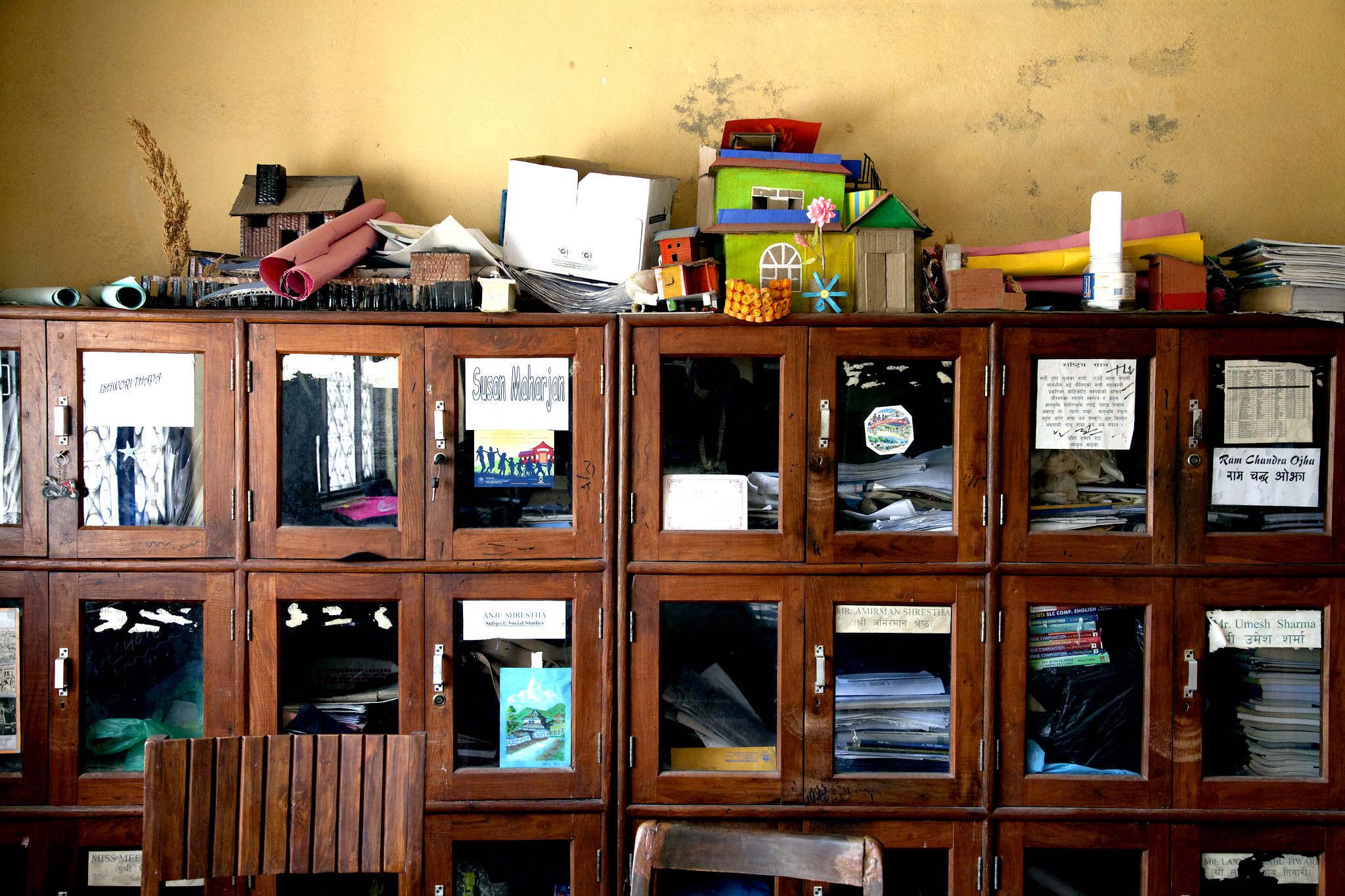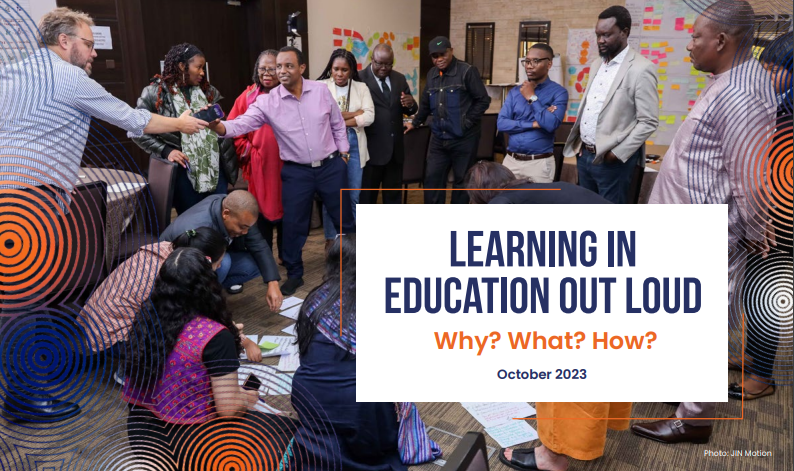Study: EOL Contribution to Education Policy Changes
Dr. Peshal Khanal from Tribhuvan University in Nepal has examined the advocacy strategies applied by selected NECs in policy development and documented how the policy changes have contributed to the changes in rights to education in practice.
The study was commissioned by Education Out Loud as part of the learning plan for Asia Pacific and it highlights key policy gains, including improved recognition of marginalized communities, disability inclusion, and enhanced education frameworks, reinforcing the critical role of civil society in policy advocacy. Find the study "EOL Contribution to Right to Education Policy Changes and its Impact on the Right to Education in Practice" or read the blog below from Dr. Peshal Khanal on the findings with a particular focus on public engagement as a strategy.
How National Coalitions Shape Policies through public engagement
Dr. Peshal Khanal, Professor of Education, Tribhuvan University, Kathmandu Nepal
“Under its four regional RMUs, EOL has been working with more than 60 countries across the globe to contribute to quality education for all through intensive policy dialogue, public engagement, data transparency, and capacity building of relevant stakeholders in civil society. While such efforts have been in place, there has been a need to document the key achievements and lessons learned during the policy change process and draw implications from such initiatives for scale-up and future interventions.
In the above context, this study aims to review the major policy changes EOL grantees have contributed to countries in Asia and the Pacific regions. The study underscores the pivotal role of Education Out Loud in empowering civil society to shape education policies and align them with community needs. Among the array of strategies employed by the selected national coalitions funded by Education Out Loud, the research revealed that public debates, dialogues, symposiums, webinars, and seminars have been particularly powerful for fostering diverse perspectives, engaging policymakers, and enhancing inclusive education policies.
During the study, we came across multiple examples, and among those we have picked a few:
E-Net Philippines hosted a webinar on the Excellence in Teacher Education Act, drawing participation from the Department of Education and numerous civil society organisations. This brought policymakers and practitioners together and provided opportunities to share the challenges faced by teachers. Additionally, the webinar provided the Department of Education a platform to share the policy solutions that have been proposed as part of the new policy framework. In that way, both sides were allowed to understand the challenges and possible solutions in a more realistic manner.
PEAN in Papua New Guinea convened a workshop on Catalysing Transformation in Education which was centred on effective use of the support from GPE Compact. The event created an opportunity to engage members of the Local Education Group to discuss transformation in education.
In Nepal, the National Coalition, NCEN organised an interaction meeting with local representatives to address education policies at the grassroots level.
CESP in Timor-Leste disseminated a management guide for the civil society fund aimed to empower NGOs across multiple municipalities. AFE Mongolia initiated a social media discussion highlighting disparities in public and private education such as in the medium of instruction and information and technology. They highlighted how education system has been organized differently and offering unfair to the students in two different systems.
Why It Matters
- The significance of these forums in policy advocacy is multifaceted in promoting inclusive, equitable, and quality education. The forums for policy advocacy create space for discourse and opportunities to voice concerns, share insights, and propose solutions related to specific policy matters.
- The civil society organisations engagement in presenting compelling arguments, evidence/data, and analyses in an accessible manner helps to foster public engagement and dialogue among citizens and policy makers.
- Opportunities to interact among stakeholders is helpful to enhance the diverse policy perspectives. The exchange of ideas, building consensus around policy development and implementation enhancing their prospects for success.
- These public forums also promote accountability among policymakers by facilitating transparent discussions and addressing queries from various segments of society.
The study also found some informal repository of knowledge, with the CSOs involved in advocacy, which is valuable during policy development and implementation for technical input as well as for advocacy and accountability. They have offered offering valuable feedback to policymakers and empowering citizens to advocate for policy changes.
Some of the policy gains stemming from these policy dialogues include recognition of the marginalised communities in Law on Education in Mongolia; a section on disability inclusion in Papua New Guinea; Policy on Alternative Learning System for the Marginalised, Excluded and Vulnerable Sectors in the Philippines; Gender Equality and Social Inclusion (GESI) in Timor-Lest and many more.
Future Directions
The strategies of public engagement seem effective strategies to bring diverse actors together and create opportunities for sharing with each other. In addition, moving forward, it might be useful for the national coalitions to explore avenues to enhance the participation of marginalised groups and individuals lacking formal influence in these programs.


